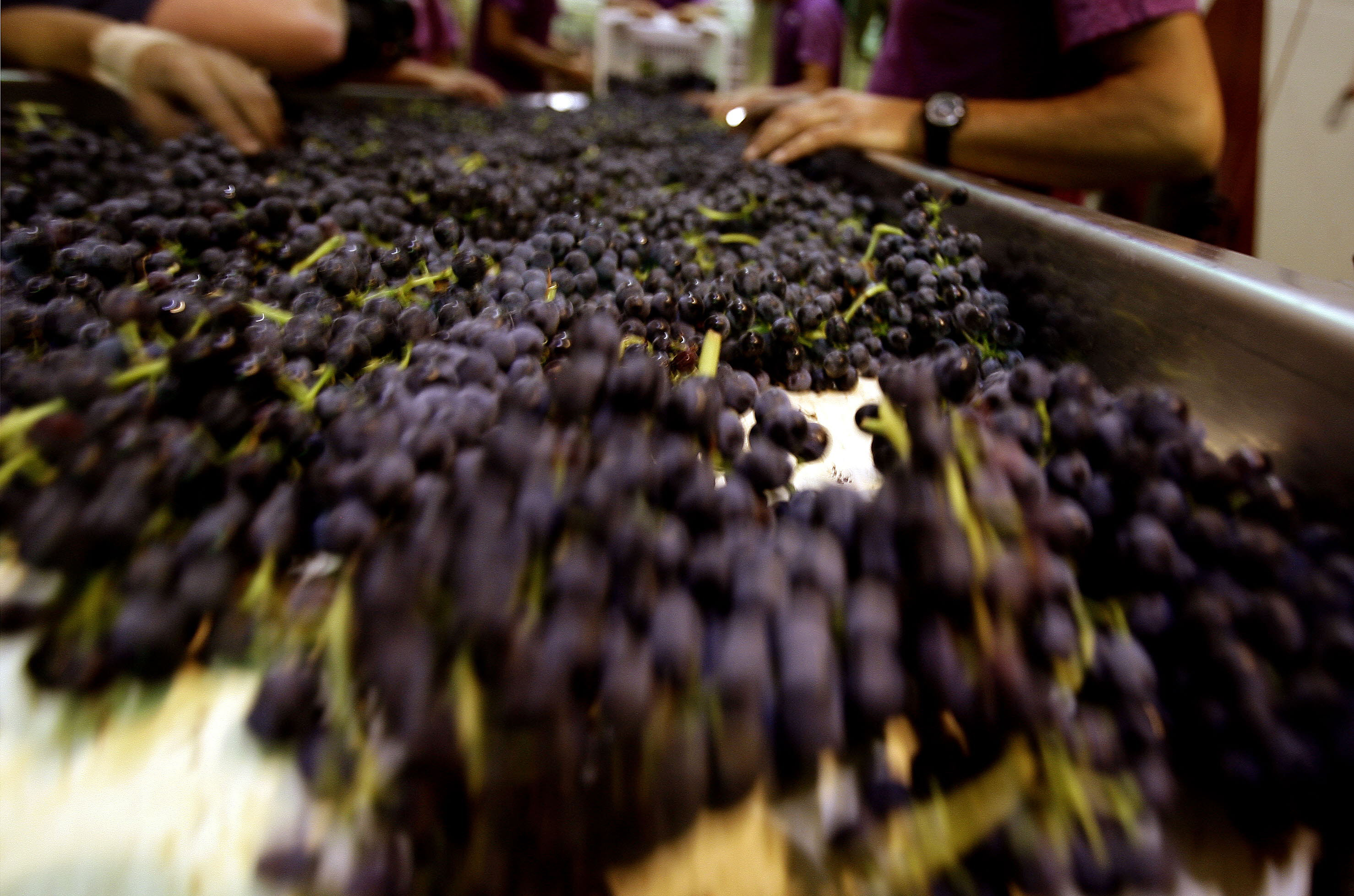Scientists hope to turn ancient grape DNA into wines drunk by King David, Jesus


A free daily email with the biggest news stories of the day – and the best features from TheWeek.com
You are now subscribed
Your newsletter sign-up was successful
Israeli vintners have tapped into their ancient heritage to create wines 1,800 years in the making. Using money from the Jewish National Fund, oenologist Eliyashiv Drori and a group of scientists at Ariel University's research winery have identified 120 grape varieties distinct to Israel, around 20 of which are suitable for making wine, The New York Times reports. Other researchers have used DNA and a three-dimensional scanner to identify around 70 distinct grape varieties from Biblical times; their goal is to pair the ancient seeds with live grapes and, eventually, to genetically engineer and revive the lost varieties.
But enough about history — how does the resulting wine actually taste?
Itay Gleitman, the wine writer for Haaretz, called marawi "this year's most important Israeli wine," for its provenance, if not taste. He said it was "pleasant and easy-to-drink," and "opens slightly in the glass with gentle aromas of apple and peach." And, if expressly cultivated for winemaking, has potential that "piques the imagination."Next up is dabouki, also white, which the well-known Israeli vintner Avi Feldstein plans to debut along with his new winery in a couple of months. Dabouki might be the oldest of the local varieties, a good candidate for what filled the glass of Jesus (who Mr. Drori believes drank white as well as red). [The New York Times]
Grape specimens are identified as "wine grapes" through extensive field research — say, finding grapes in a destroyed Jewish temple next to clay shards labeled "smooth wine" in an ancient Hebraic language, or picking out 10th century B.C. seeds from donkey droppings in a King Solomon-era copper mine. So far, however, the wine yields have remained relatively low — Recanati Winery produced only 2,480 bottles of the 2014 marawi — due in part to the difficulty obtaining the grapes, which are grown on Palestinian farms where workers face potential backlash for collaborating with Israelis or helping to make alcohol, which is typically forbidden in Islam.
The Week
Escape your echo chamber. Get the facts behind the news, plus analysis from multiple perspectives.

Sign up for The Week's Free Newsletters
From our morning news briefing to a weekly Good News Newsletter, get the best of The Week delivered directly to your inbox.
From our morning news briefing to a weekly Good News Newsletter, get the best of The Week delivered directly to your inbox.
But others dislike politicizing the ancient beverage. "These are not Israeli; they are not Palestinian. They belong to the region — this is something beautiful," vintner Ido Lewinsohn said.
A free daily email with the biggest news stories of the day – and the best features from TheWeek.com
Jeva Lange was the executive editor at TheWeek.com. She formerly served as The Week's deputy editor and culture critic. She is also a contributor to Screen Slate, and her writing has appeared in The New York Daily News, The Awl, Vice, and Gothamist, among other publications. Jeva lives in New York City. Follow her on Twitter.
